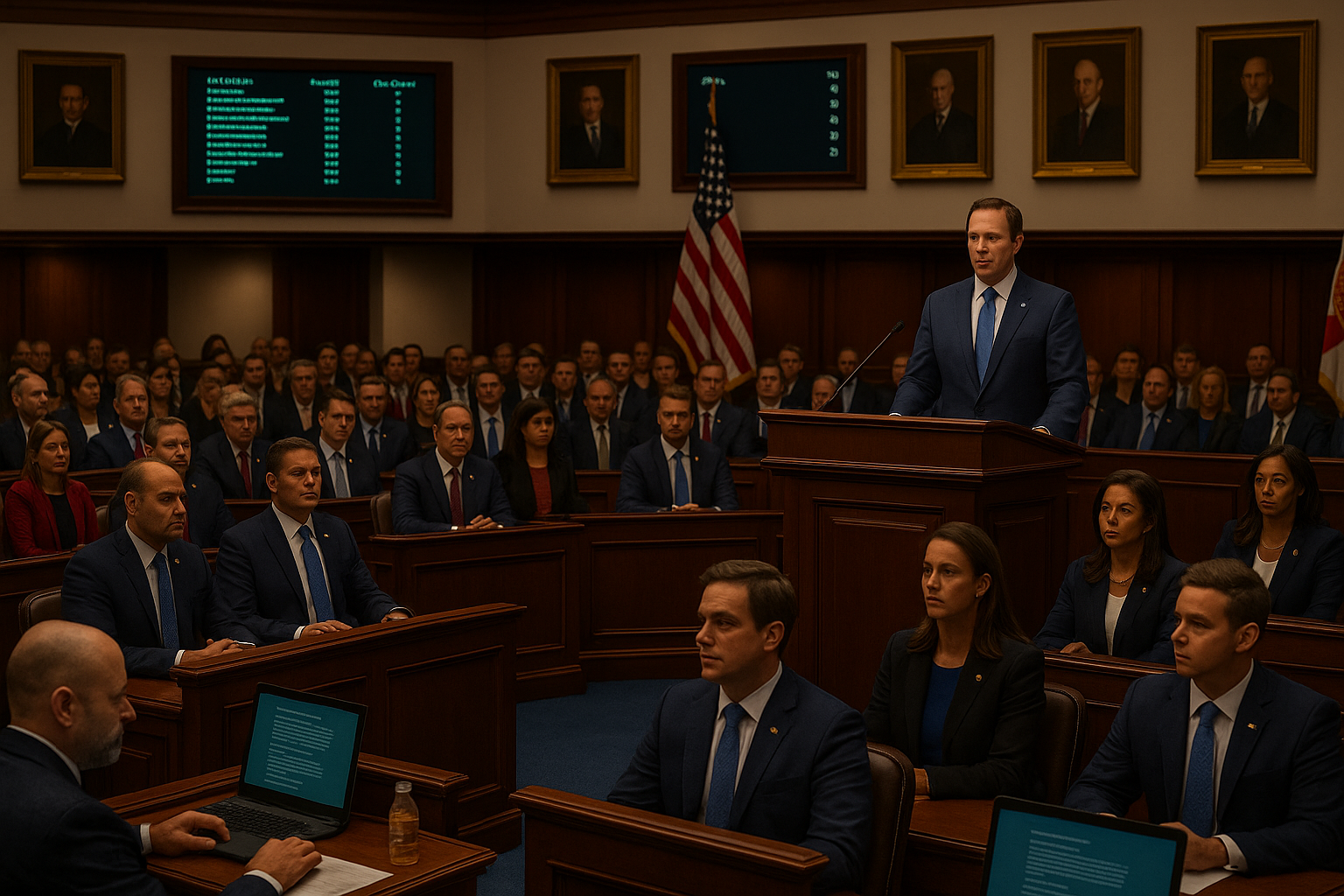In a move that signals how quickly insurance markets are adapting to modern risks, Singularity - a startup backed by Y Combinator - recently launched a parametric insurance product designed to protect workers whose jobs are displaced by artificial intelligence. The product aims to provide short-term income support for policyholders impacted by AI-driven workforce disruption, a concern that is rapidly gaining traction across industries.
The policy is structured to activate when two specific criteria are met. First, the insured individual must lose their job. Second, that job loss must coincide with an increase in Singularity’s proprietary AI-Displacement Risk Index (AIDR). This index aggregates a variety of market signals - from corporate filings to government employment data - to assess whether artificial intelligence is materially affecting specific occupations. If both conditions are satisfied, the policy pays out up to 50% of the insured’s net income on a biweekly basis for a duration of up to 12 months.
This product arrives amid mounting concern that AI is not simply transforming the workplace: it is reducing its size. A World Economic Forum survey revealed that 41% of employers expect to downsize their workforce as AI automates an increasing share of tasks. That projection has far-reaching implications for many industries, particularly those heavily reliant on knowledge work and digital processes.
For consumers, this type of coverage may serve as a meaningful financial backstop. Unlike traditional unemployment benefits or severance packages, parametric insurance is triggered by objective external conditions. There is no requirement to prove causation in the traditional sense. If the index indicates that displacement is AI-related and the policyholder has lost their job, then the policy pays. That kind of predictability may offer peace of mind in an increasingly unstable employment environment.
However, the policy is not a comprehensive solution. It does not apply to all forms of job loss, and it does not provide full income replacement. Rather, it is intended to function as a temporary financial bridge, a tool for stability while workers reassess, retrain, or transition. Consumers should view this coverage as just one component of a broader risk management approach.
From the standpoint of insurers, the introduction of coverage for AI-driven job loss presents both opportunity and complexity. Pricing this type of risk requires not only access to broad labor market data, but also the ability to anticipate evolving workforce trends tied to rapid technological adoption. The reliance on a proprietary index introduces efficiencies, but also demands confidence in the index’s methodology and transparency. For carriers considering similar offerings, the challenge will be balancing the scalability of parametric products with the underwriting precision traditionally expected in income protection lines. As workforce automation continues to accelerate, insurers that can effectively quantify and manage these new forms of risk will be well-positioned to lead in a rapidly changing market.
Artificial intelligence-related job loss is no longer a future concern: it is a current challenge. Singularity’s offering suggests that the insurance industry is beginning to take that challenge seriously, and is responding in a way that is both pragmatic and forward-looking.
Insuring Against AI: A New Kind of Safety Net for the Job Market

- May 26, 2025
Keep Reading
Check out more content from Caliber Law.
May 20, 2025
Florida just raised the stakes in the non-compete game. With the passage of the CHOICE Act, the state has positioned...
May 5, 2025
On January 1, 2025, civil litigation in Florida entered a new era. Following a series of sweeping amendments to the...
May 6, 2025
For another legislative session, Florida’s longstanding no-fault auto insurance system - commonly referred to as...




